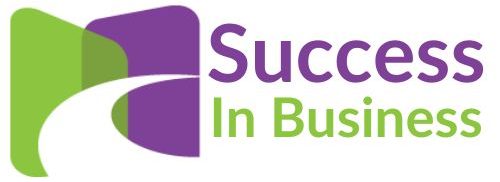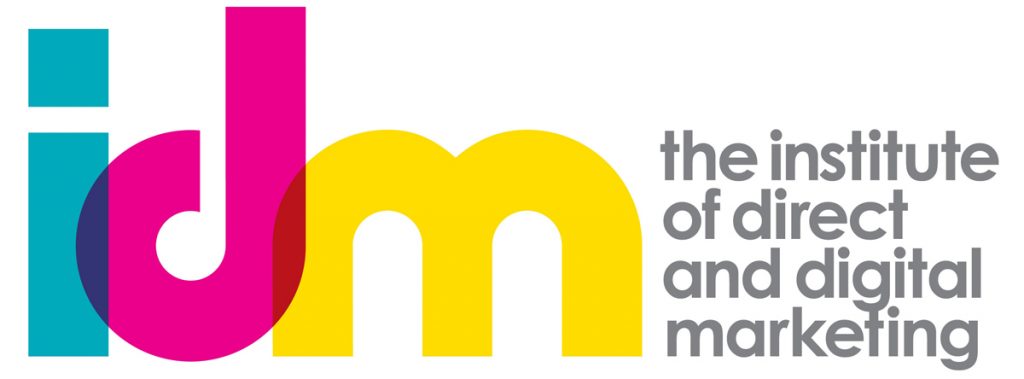Why is this an issue
It’s a question that often comes up: why do we need lead records in CRM systems? Indeed, many self-implementations of ZOHO CRM I’ve encountered tend to overlook leads and focus solely on contacts. So, thinking leads and contacts are the same is a common misconception I often address.
I understand the confusion-unless you’re a CRM consultant, the distinction between leads and contacts may seem insignificant. However, lead records play a crucial role in the CRM system. They are the initial point of contact with a potential customer, marking the beginning of the sales process. Unlike contacts, which are established relationships, leads are unqualified sales opportunities requiring further nurturing and qualification.
Understanding the structure of your CRM system, including the significance of lead records, is crucial to understanding how it works and how it can benefit your business. Let’s explore why lead records are valuable to your CRM system.
What do different records in a CRM System do?
A good starting point is to think about what the different sales records in a CRM System do. Then, I will use this framework to contrast Leads with the other records and demonstrate why they are different and essential for you.
Leads, often called ‘Unqualified Sales Opportunities,’ are the starting point for developing client relationships and where marketing meets sales. Understanding why they are unqualified and how they become qualified is a crucial step in the sales process that can significantly impact your business.
When a lead is qualified, a CRM system converts it into three further records.
A Sales Opportunity (Deal) is a qualified sales opportunity that tracks the progress of the sale and feeds into the sales pipeline.
Contact—a person your business has a relationship with or hopes you will develop who can influence the success of winning the Sale.
Account – in the Business to Business environment, is an organisation that you have or hope to develop a relationship with and will purchase what you have to sell
How does a Lead qualify as a Sales Opportunity (Deal)
There are four tests for whether a lead qualifies as a Sales Opportunity:
Does the prospect know what they want to buy? It’s not enough that you know what they want – they must know it.
Can the person you are talking to buy, or do you have access to someone who can
Do they have some timescale so that you know when they are likely to buy
Do they have some idea of how much this purchase will cost
So, a lead is an enquiry where this isn’t true, and a Sales Opportunity is when this is known. Getting to this point can take much longer than the sales process and involve a different process.
Another common difference is that marketing success uses lead data to analyse marketing, while sales opportunity data determines sales pipelines and forecasts future revenues. That is because when the factors above are known, the sale is more certain, which means the data is more reliable.
The standard ratio of 10 leads to every sale (and perhaps more than that) underlines the unreliability of lead data in predicting potential sales. If lead data is confused with sales opportunity data, its usefulness and reliability are diluted.
A further difference is that while a lead is associated with one person, a Sales Opportunity can be influenced by many people playing different roles, such as Technical Buyer, Decision Maker, User, etc. That causes a significant issue when you use Contact records alone instead of Leads and Contacts because the only way to represent an enquiry as a new Opportunity is to mix those that are qualified and those that are unqualified.
We turn next to the confusion between Contacts and Leads
Why a lead is not a Contact
The difference between Leads and Contacts is the most significant confusion, reinforced by Hubspot’s approach of only providing a separate Lead record when you adopt one of the more expensive packages. Many inexpensive platforms, like Capsule and ZOHO’s BIGIN software, do the same. Indeed, not so long ago, a business person with significant experience challenged me by saying that CRMs are just fancy Contact Management systems.
And I can see why there is confusion. In everyday speech, we think of contacts as less critical than enquiries. But there are some crucial differences in the way you manage these types of records, and here is why:
A Lead is an enquiry, and a Contact is a relationship
An enquiry is a single event that happens at one time. It comes from a single marketing source; it’s about a specific need felt by the enquirer at that time, and you haven’t yet decided whether they are serious and developing a relationship with them is worthwhile.
A contact is a relationship that happens over time and involves a series of events, each of which may come from different marketing sources. You already have a relationship with them.
So the only way of replicating leads as contacts are to duplicate the contact record before it is qualified as a sales opportunity and then have a way of deleting these duplicates when they do and merging them again. That is extremely messy, and so many businesses end up with many useless contact records for enquiries that didn’t go anywhere and many duplicates.
When you manage leads separately, the CRM has a conversion routine (above). Part of that is to delete the lead record and append the details to the contact. That keeps the primary records—Opportunity, Contact, and Account—clean.
Do you think about your friends and people you have just met similarly?
It’s helpful to think in human terms when thinking about how you manage relationships. And I think it’s safe to say that you don’t treat strangers you have just met the same as friends you have known for some time. If you do, I think that would make you a Sociopath.
So, should you do this in business? Here’s a fun analogy: think of leads as the people you’ve just met at a networking event and contacts as your long-time friends. You wouldn’t treat them the same, would you? Similarly, in business, leads are the new opportunities you’re exploring, and contacts are the established relationships you’re nurturing.
Here are some of the reasons that you probably don’t treat them the same in your personal life and business as well:
90% of the people who enquire about your services will never become your friends, and you will decide that the relationship is not worthwhile.
Often, these (friends) contacts will have relationships with each other, e.g., they will belong to the same organisation playing different roles in each enquiry.
You will have a past with these contacts over the time that the relationship has developed and the different enquiries that the person was involved with
None of this is true with an enquiry – not yet.
Why an Account isn’t a Lead
The difference between Accounts and Leads is probably the most accessible and least confusing issue. It also only really applies to business-to-business markets rather than to Business-to-consumer ones. A lead is an Enquiry, and an Account is an Organisation.
An enquiry tracks a single event from a person at a specific time. An organisation may have multiple events over a longer lifetime and involve numerous people, some of whom leave and are replaced.
To conclude
IMHO, lead records are crucial to Managing your Relationships with Clients and prospects. In my experience, those who begin using their CRM without using leads eventually find that they need lead records, and this is a common issue I have to solve.
Best of all, when you think of implementing a CRM, talk to someone passionate about making relationships work and who has experience implementing the technology you need. I wonder who I could be talking about
My contact details are nick@successinbusiness.co.uk or call me on 07983784816


